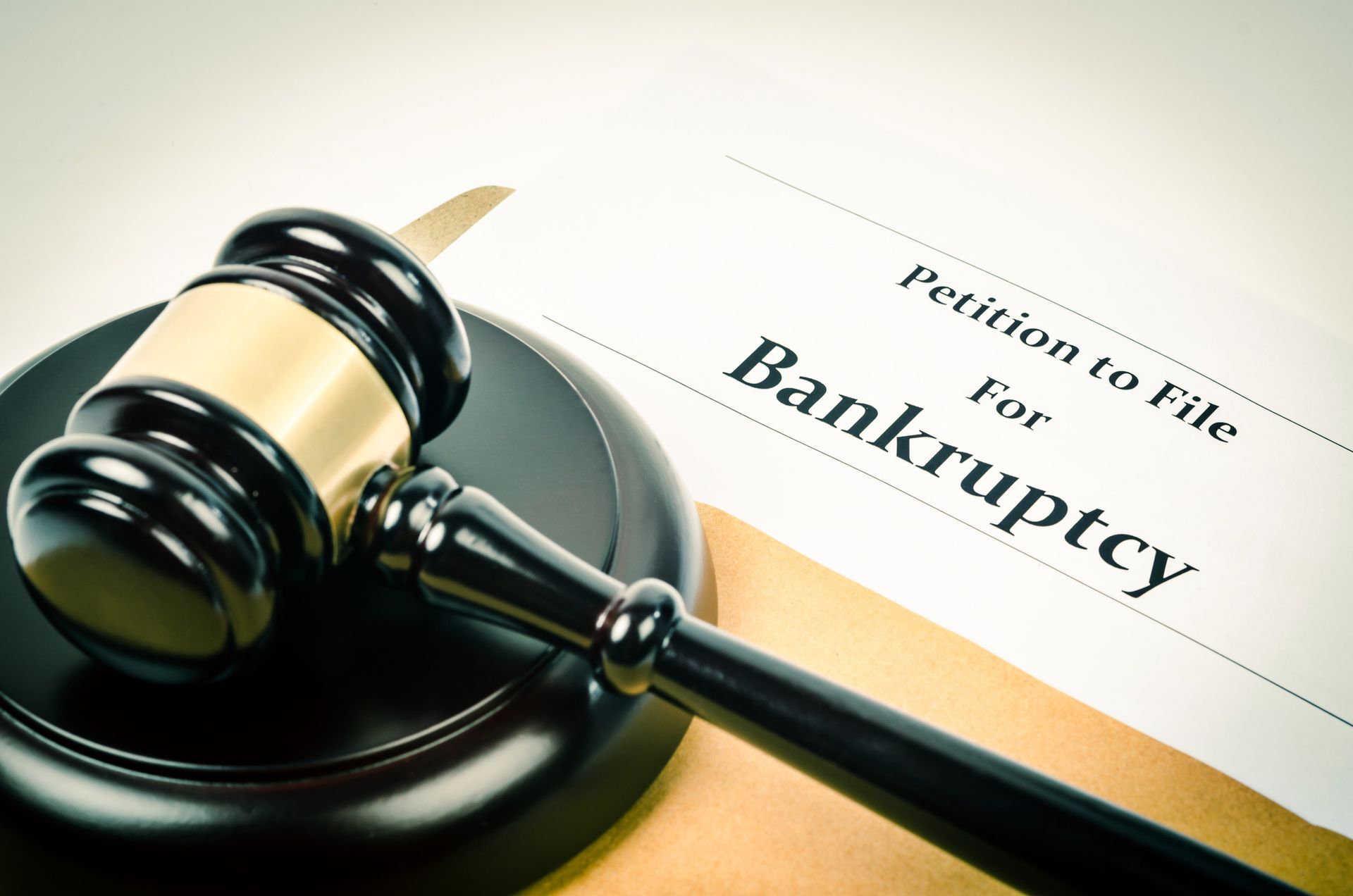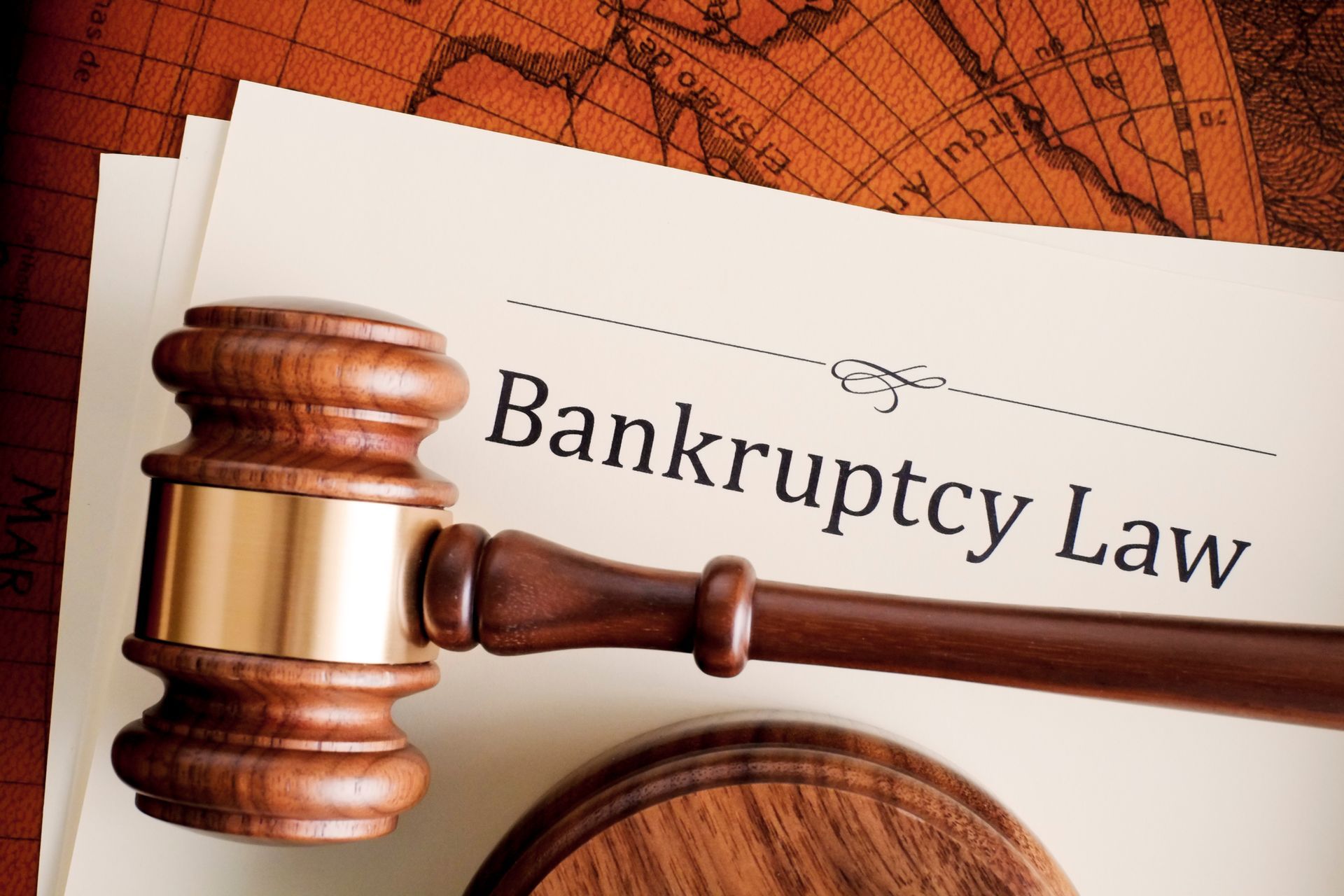How does filing bankruptcy impact my credit?
They say there is no such thing as a free lunch. It’s an expression that means there are tradeoffs for every good thing in life. Consumer bankruptcy is no exception. You can file Chapter 7 or Chapter 13 bankruptcy to discharge or reorganize your debts to get you and your family back from the brink of financial catastrophe. Filing for…
The post How does filing bankruptcy impact my credit? first appeared on The Law Offices of Everett Cook, P.C..






